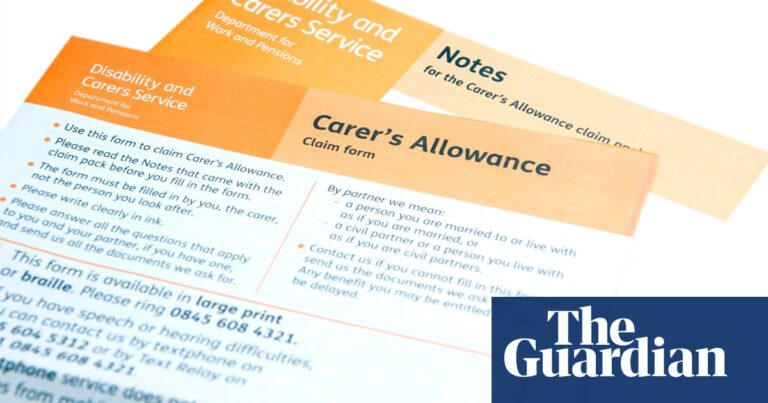
My partner, who is almost 80 and is extremely kind and generous, supports me. We have lived together for six years. He has no children and, when I moved in with him, he left his home to me and his money to his sister, who also has no children. She lives overseas and he no longer feels close to her as she is very controlling. She took over our lives when she visited last year.
I gave up my pension, at his request, in order to live with him. I have a small income from an investment property, which is my superannuation. I have asked him to name me as his financial beneficiary and not her.
I am concerned if he has a stroke or debilitating condition, his sister would control all decisions and I would be left unable to sell our property, which is rural. I would need all the money from a sale to move back to the city near my children. He is very kind and loving, and I have asked him twice about this and told that I am very concerned. He says he will act, but does not like change or to make these decisions. I’m not being greedy, but I have been through a similar situation with my late husband. I don’t want to keep on about it, but I am losing sleep worrying about this. What can I do?
Eleanor says: I remember in my early 20s having a conversation with one of my favourite colleagues, then in his 50s, about contested wills. I said the usual naff stuff like, “If everyone communicated it’d be fine” and he sucked some air through his teeth and said: “You don’t really know people until it’s about money and death.”
One part of why nobody likes to talk about wills is that they force us to confront the fact we’ll die. Another is they force us to quantify our relationships. Do the stepkids rate the same as the kids? Is the first spouse taken care of? Does your understanding of your relationship match theirs?
Nobody likes these questions. But it’s worth keeping in mind that maybe the reason you’re struggling to meet minds on this is that you ultimately disagree about that quantification. You think he should make you his financial beneficiary instead of his sister. It’s possible he doesn’t agree.
Might he feel some familial obligation to her that he doesn’t want to sever? Does he want to leave his money to her in recognition of their past – their present notwithstanding? Sometimes family’s like that. We say we don’t like them, we’ve grown apart, they drive us nuts, nothing in common, when at the same time we still feel some unbreakable bond. For the non-family member hearing the complaints, it’s easy to be mystified: “I thought you didn’t like them?” Sometimes we think we know other people’s family dynamics, when really we only know the part of the prism that faces us.
Of course it’s totally possible you’re right, and he’s fobbing this off because he doesn’t like paperwork or changes. But it’s also possible he’s not changing his will because he doesn’t want to, and doesn’t know how to say that in your otherwise kind and generous relationship. It’s so hard to tell. It’s so hard to ask.
Perhaps the question isn’t how to change him but how else you can have peace of mind. For instance, you said you’re worried his sister might control the decisions or that you’d be unable to sell the house. Could you set aside the question of money and at least insist on legal advice to clarify those things? Things like: who’s the executor? Who has power of attorney? As is, under what circumstances could you be unable to sell the house? The key framing in this strategy is that you’re making sure his chosen allocation is clear and loophole-free, not asking him to change it. Or could you consult with a lawyer on your own, to share some of your “nightmare scenarios” and assess how likely they are?
A lot of this will turn on legal advice that for obvious reasons I can’t give. But my colleague might be right all these years later; it might be that death and money are showing the limits of what you know of your partner. It’s possible what you have here isn’t a problem of procrastination, but a genuine disagreement. Knowing which scenario you’re in will tell you how best to seek your peace of mind from here.
This letter has been edited for clarity.
Ask Eleanor a question
Do you have a conflict, crossroads or dilemma you need help with? Eleanor Gordon-Smith will help you think through life’s questions and puzzles, big and small. Your questions will be kept anonymous.






